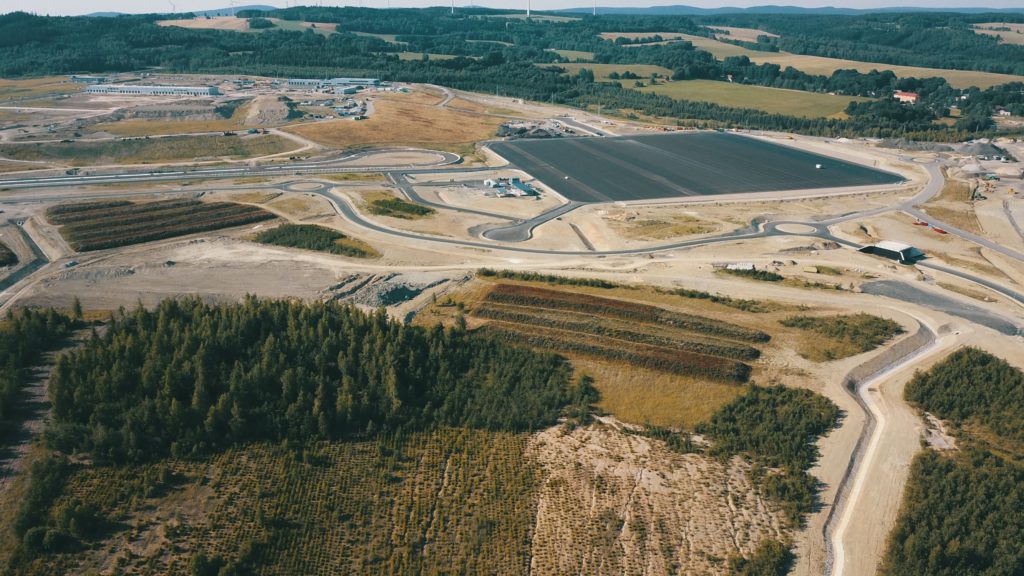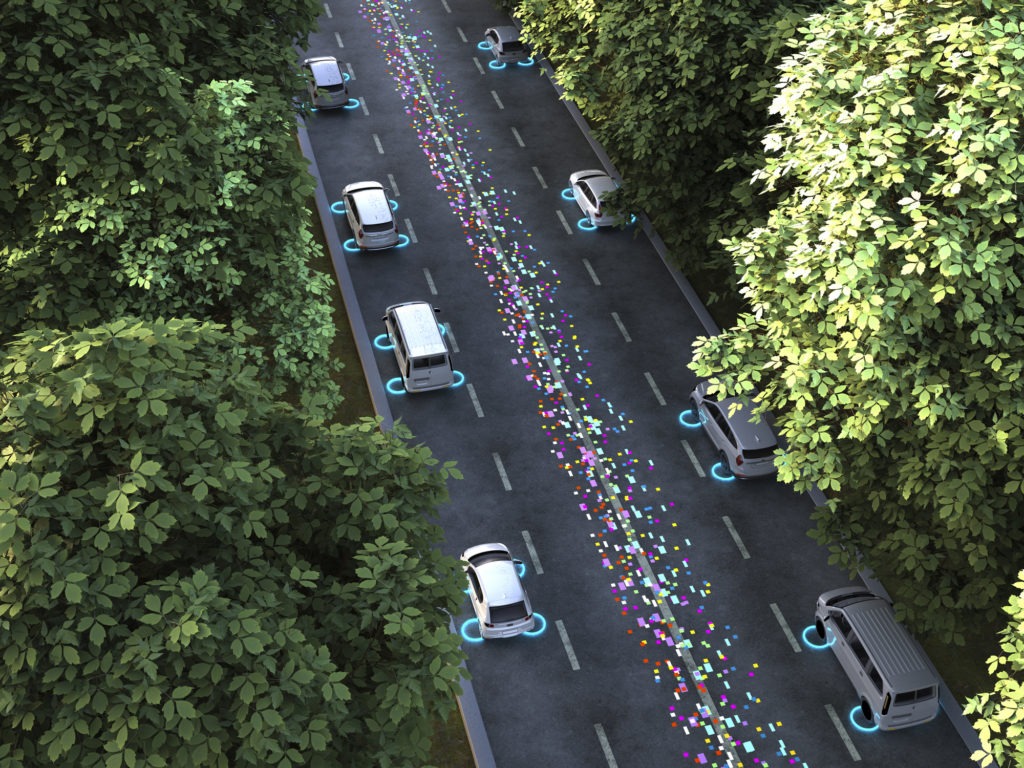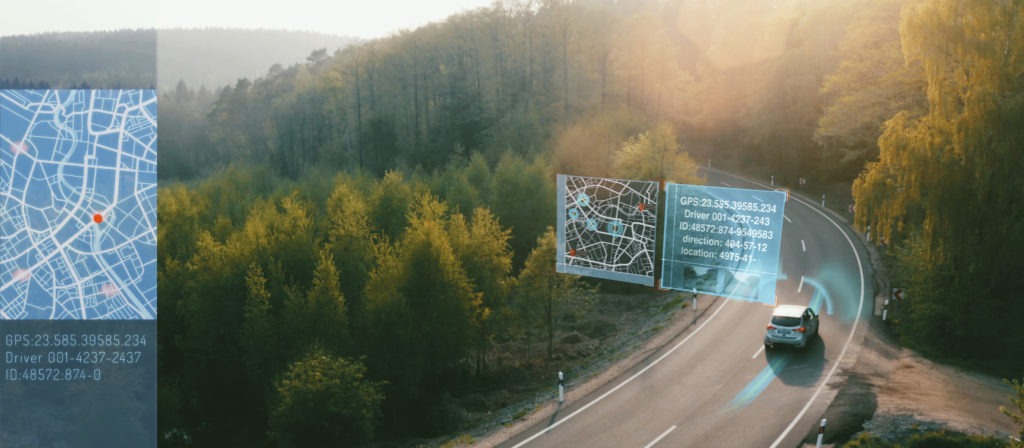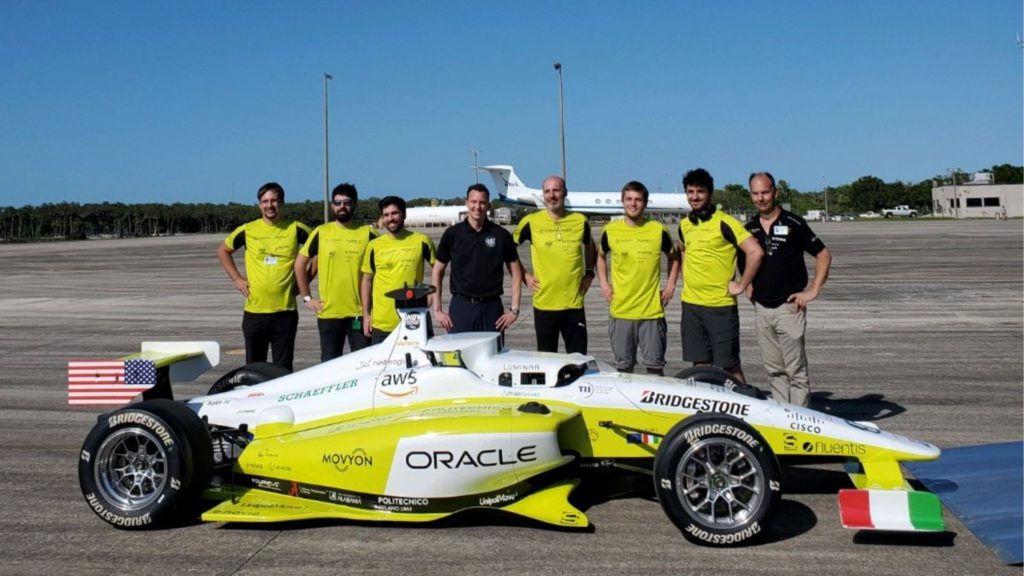BMW expands its autonomous-driving infrastructure
07 August 2022

The age of autonomous driving is rapidly approaching. BMW is the latest carmaker to invest in a testing ground for the technology. Located in Sokolov, Czech Republic, the German brand has unveiled the first of two proposed €300 million track sections for testing electrification, digitalisation, and automated driving.
The Czech facility is about a two-and-a-half hour drive from BMW’s main development site in Munich, Germany, and it is slated to be fully operational by mid-2023 with over 100 employees on-site.
Dubbed the New Technology Area, all aspects of autonomous driving will be tested at the 90,000m² site, spanning testing assistance systems and behaviour in cross traffic, as well as emergency braking and evasive situations. Testing will be prepared and controlled from the adjoining control room with temporary workstations.
Central to the make-up of the site is a 6km motorway-style circuit with on- and off-ramp scenarios. The test motorway will feature two functional lanes and an emergency stop section as well as gantries and a straight stretch measuring over a kilometer.
‘We are now testing new assistance systems from the point of view of driver safety and advancing the further development of test scenarios,’ stated Andreas Heb, BMW Group project manager responsible for the testing ground in Sokolov. ‘From mid-2023, the new test site in the Czech Republic will operate in addition to the BMW Group’s existing testing facilities in Aschheim near Munich, Miramas in France, and Arjeplog in Sweden.’
Germany pushing ahead with autonomous driving
BMW’s expansion of its autonomous-driving infrastructure comes in the wake of recent supportive legislation in the carmaker’s home country.
In May this year, Germany’s Federal Council endorsed the so-called ‘ordinance on the regulation of the operation of motor vehicles with automated and autonomous-driving functions.’ This essentially paves the way for autonomous vehicles to take to the roads on designated routes in Germany, allowing for everyday use and providing legal consistency.
Although it is early days for the policy, Germany’s pioneering legislative framework has dovetailed with companies such as BMW pushing ahead with the development of autonomous vehicles.
In late 2021, Mercedes Benz received type approval for its automated lane-keeping system (ALKS), known as Drive Pilot. More recently, Continental announced that it would be investing €75 million in two German locations over the next three years to develop driver-assistance systems and automated-driving technology.
Another German automotive manufacturer expanding its technological framework behind autonomous driving is Volkswagen (VW) Group. Its software arm Cariad forged a €1 billion-plus partnership with US chip maker Qualcomm Technologies to develop assisted and automated-driving functions up to SAE level 4. Cariad also confirmed its cooperation with Bosch to develop software for automated driving to be used in VW cars. The pair are focused on implementing SAE level 2 software from 2023.
‘Automated driving is key to the future of our industry. With our cooperation, we will strengthen Germany’s reputation for innovation. Bosch and Cariad will further enhance their expertise in the development of pioneering technologies,’ commented Cariad CEO Dirk Hilgenberg. ‘This underscores our ambition to deliver the best possible solutions to our customers as soon as possible.’



